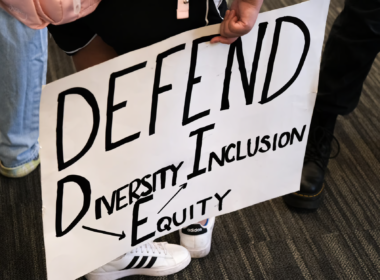The United States lags behind in social progress as many countries regulate and legalize prostitution.
In 2003, the United States Supreme Court oversaw Lawrence v. Texas, ruling to legalize sodomy in the entire nation. Justice Kennedy remarked, “Liberty presumes an autonomy of self that includes freedom of thought, belief, expression, and certain intimate conduct. . . The State cannot demean (their) existence or control (their) destiny by making (their) private sexual conduct a crime. . . ‘It is a promise of the Constitution that there is a realm of personal liberty which the government may not enter.’”
Nine years after this decision to bar the state from criminalizing sexual activity, America has still not legalized sex work. Nevada stands alone in offering some legal sex work in the form of brothels strictly regulated by the state. However, sex work is still considered illegal outside of these licensed venues. This is the furthest America has come in the legalization of sex work.
Meanwhile, most of Australia, Germany, Netherlands, Turkey, Mexico, and New Zealand have either regulated or legalized sex work altogether. In France, Canada, and the United Kingdom, prostitution is legal but socially discouraged by putting legal limitations against soliciting, pimping, and brothels. One may compare this treatment to the hurdles facing legalized abortion in the United States today.
American sex workers continue to face harsh treatment. Due to lack of legal protections, they may suffer violence or even death at the hands of clients, police officers, and pimps. Those unfortunate enough to be trafficked or otherwise held against their will have fear going to the police due to being treated as criminals. In this hostile environment, abusive practices are given cover to continue in the sex industry. Seemingly, only (legal) rights will correct these wrongs.
Sex worker advocacy groups, often run by sex workers themselves, are growing in both number and volume. The internet has greatly helped those in the sex industry to access health resources, legal information, and community connections. Campaigns and projects supporting sex work are also growing in number. Sex workers themselves are speaking out about their personal experiences, such as with New York’s Red Umbrella Project. This activism will continue to greatly personify the movement towards legalization.











